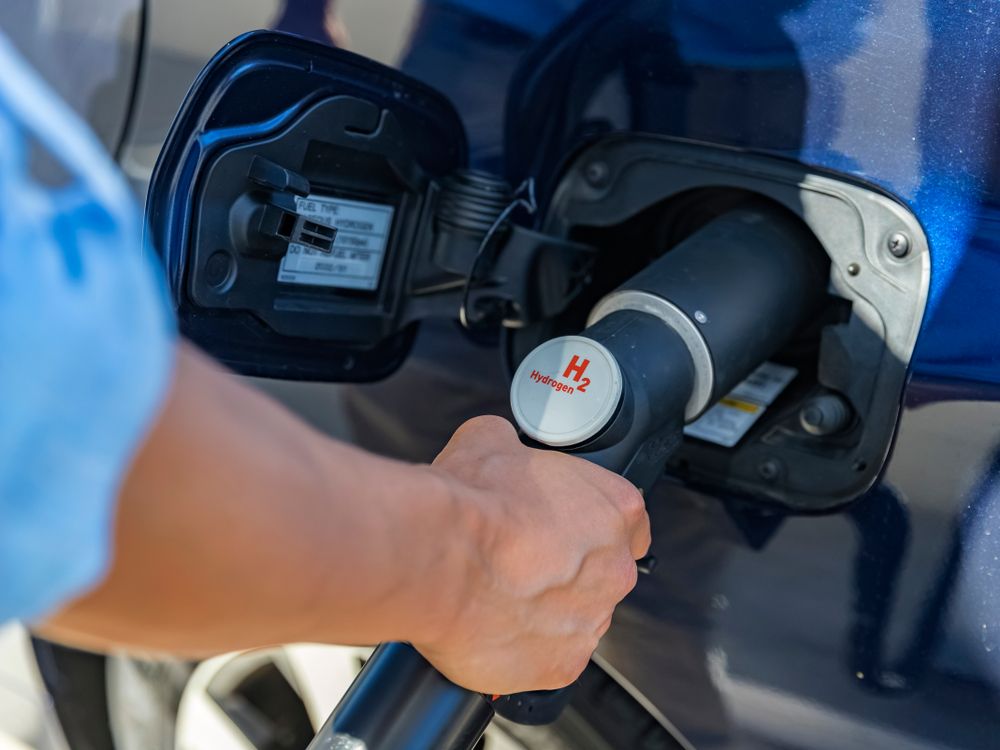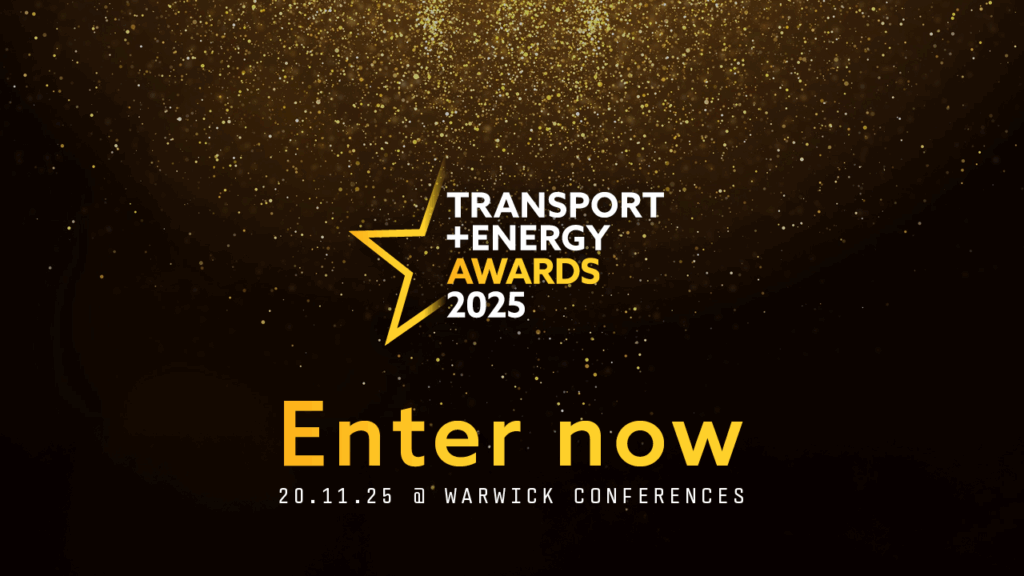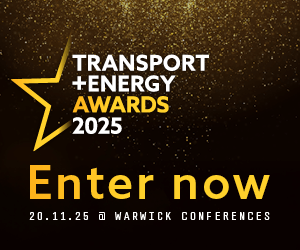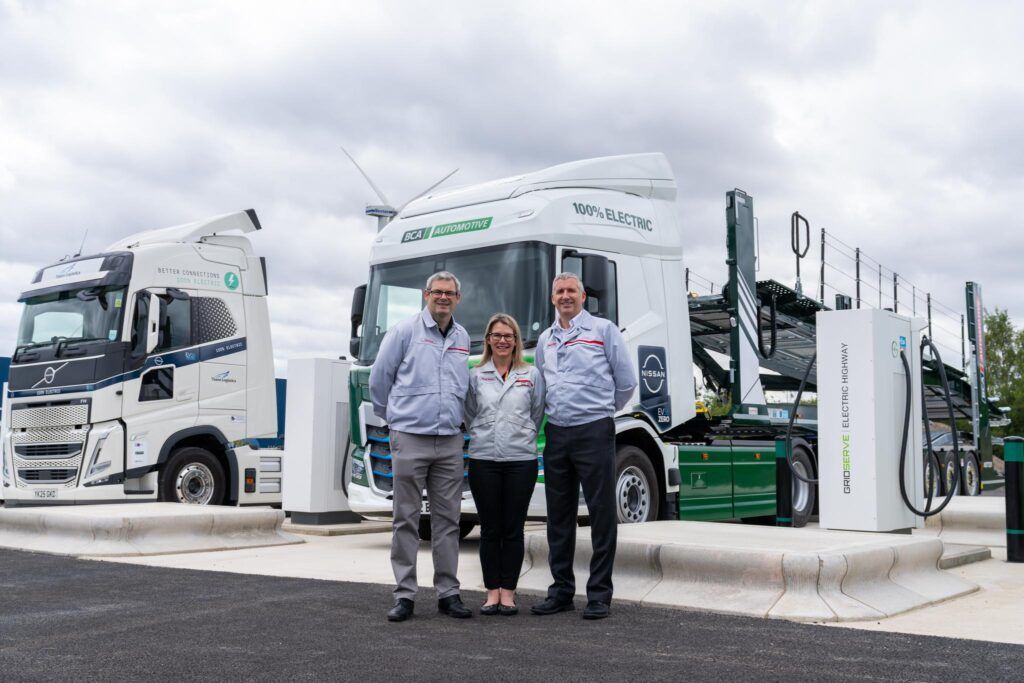Infrastructure firm Costain has successfully produced a feasibility study to assess whether the existing UK gas network can transport hydrogen.
The move, which could have a radical impact on the development of hydrogen fuel cell vehicles, is the first to bring together the gas distribution networks, working collaboratively to develop an innovative hydrogen solution.
The study evaluated, developed and demonstrated the concept of hydrogen “deblending”, where proven oil and gas process technologies are used to separate the hydrogen/natural gas streams at scale to provide consumer optionality in gas supply to meet different customer requirements.
Hydrogen deblending would allow for a varying mix of hydrogen and natural gas to flow through the network, and then separating the two gases so a controlled blend can be supplied to the customer. In this way hydrogen can be supplied to those who are ready and prevented from being received by those who are not.
The study is funded under the Network Innovation Allowance (NIA) available for gas and electricity network operators to fund innovative projects which have the potential to deliver benefits to network customers.
The objective is to provide critical evidence as to the technical and commercial feasibility of using deblending to support the transition of the UK National Transmission System and Gas Distribution Networks to a 100% hydrogen gas network.
Deblending could provide a means to transition from a 20% to a 100% hydrogen network. It could also help avoid the multi-billion pound cost of building dedicated hydrogen pipelines, which may prove a barrier to further development.
This study demonstrates the technical and economic feasibility of deblending in the gas transmission and distribution networks, providing a credible pathway to support the UK government in achieving the country’s 2050 Net Zero commitment.















